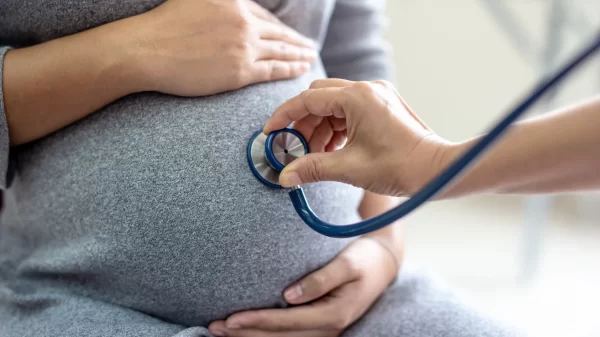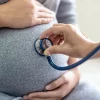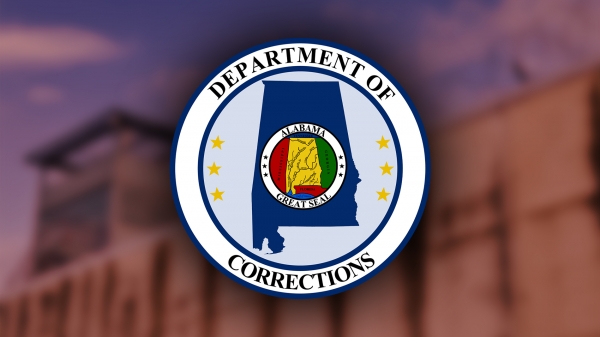More than two dozen legal academics and former law enforcement officials in Alabama are asking the state to resume parole hearings and release very ill and older inmates who are at greater risk of serious sickness and death from COVID-19.
In a letter to Alabama Gov. Kay Ivey, professors from the University of Alabama School of Law, Samford University, retired circuit judges and assistant U.S. attorneys pleaded with state officials to act before the virus spreads in state facilities.
“The Board of Pardons and Parole already faces a crushing backlog of cases and has recently canceled hearings scheduled through April 30. Given existing overcrowding in Alabama prisons, a failure to start releasing prisoners eligible for parole could lead to countless unnecessary illnesses and deaths,” the letter reads.
Those who signed the letter ask the state to resume parole hearings using appropriate social distancing measures, such as video and telephonic participation, and prioritize release of prisoners aged 50 and over and those with compromised immune systems.
Health experts say COVID-19 is especially deadly for older people and those with underlying medical conditions.
Justin Faircloth, who’s serving in Limestone prison and has stage-4 colon cancer, told APR by phone Monday that late last week he asked a warden if she would address a lack of soap and cleaning products needed to disinfect the dorm.
“She said that she will address that issue, and we still haven’t gotten any cleaning products,” Faircloth said.
Dev Wakely, a policy analyst for human rights at Alabama Arise, told APR on Thursday that the nonprofit is also asking jails and prisons to release everyone in those facilities who can legally be released, and who will not pose a danger to public safety.
“And that’s because, when this gets into jails and prisons, it’s going to kill people,” Wakely said. “…It’s absolutely impossible to follow CDC recommendations about distance.”
Heather Elliott, a professor at the University of Alabama School of Law and one of those who signed the letter to Ivey, in an emailed response to APR on Monday said that both the Board of Pardons and Paroles and the Alabama Department of Corrections have the authority to address the problem.
“The Board of Pardons and Paroles has the authority to use ‘medical parole’ to release such inmates…and the DOC has the authority to use ‘medical furlough’ likewise,” Elliot said in the message. “Moreover, Governor Ivey has the authority to order both the Department and the Board to assist her in addressing the state of emergency she has declared over the coronavirus outbreak.”
“So why are the Board and the Department not using their authority? It is a mystery to me,” Elliot said. “The virus will spread like wildfire once it gets into the prisons (it seems incredibly likely it is already there), endangering not only the prisoners but also the correctional officers and other prison staff, their families and their communities.”
If anyone thinks the prisons are sealed off from the rest of us and pose no danger in the outbreak, they are wrong, Elliot said.
“The people of the State of Alabama will suffer more in the coronavirus pandemic if the Governor, the Board and the DOC don’t take steps immediately to reduce the overcrowding in our prisons,” she said.
In a statement to APR on March 19, an ADOC spokeswoman said the department didn’t anticipate any non-routine releases.
“The ADOC is continuing to work closely with Governor Ivey’s Coronavirus (COVID-19) Task Force, the Alabama Department of Public Health and infectious disease control experts to mitigate the potential spread of the virus,” the statement from ADOC reads. “Maintaining the safety, security and well-being of our inmate population, staff and the public remains the ADOC’s highest priority.”
“The ADOC’s Office of Health Services is working closely with our contracted health services vendor to monitor and protect high-risk inmates, including those with pre-existing medical conditions. At this time, the Department does not anticipate conducting any non-routine releases. We are closely monitoring the spread of COVID-19, and will be making additional operational and preventative decisions as this situation continues to evolve.”





















































